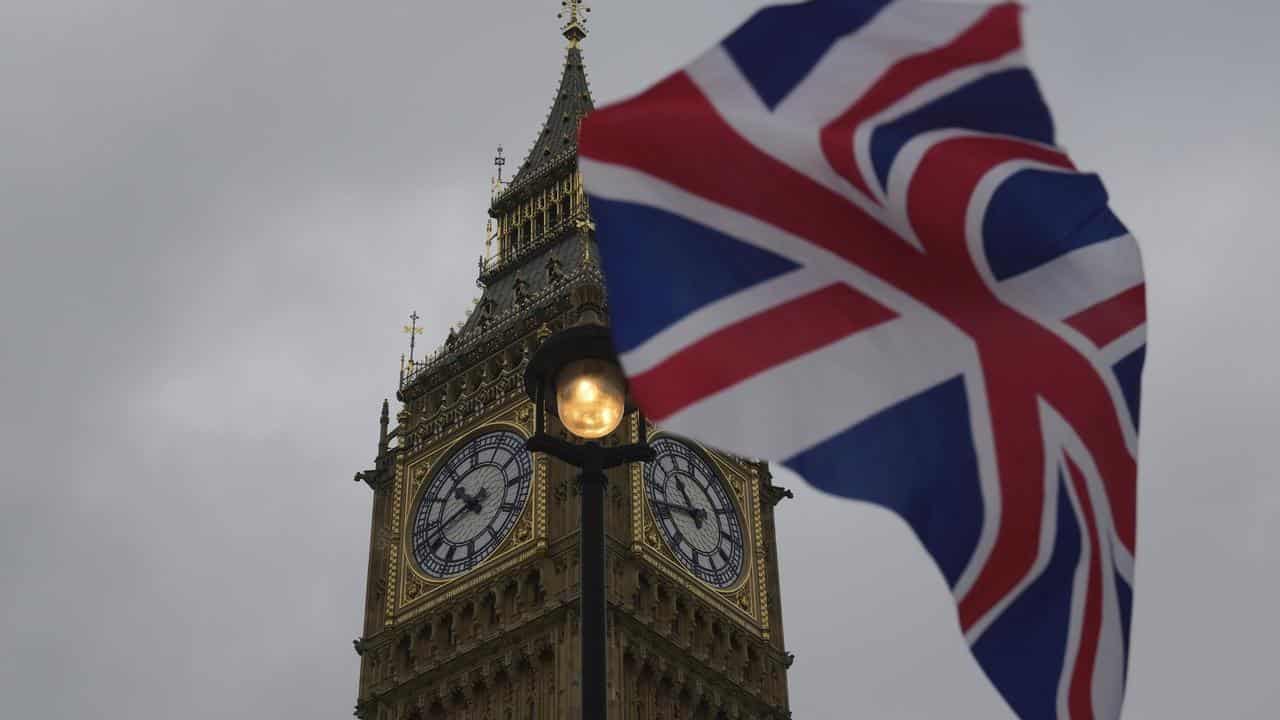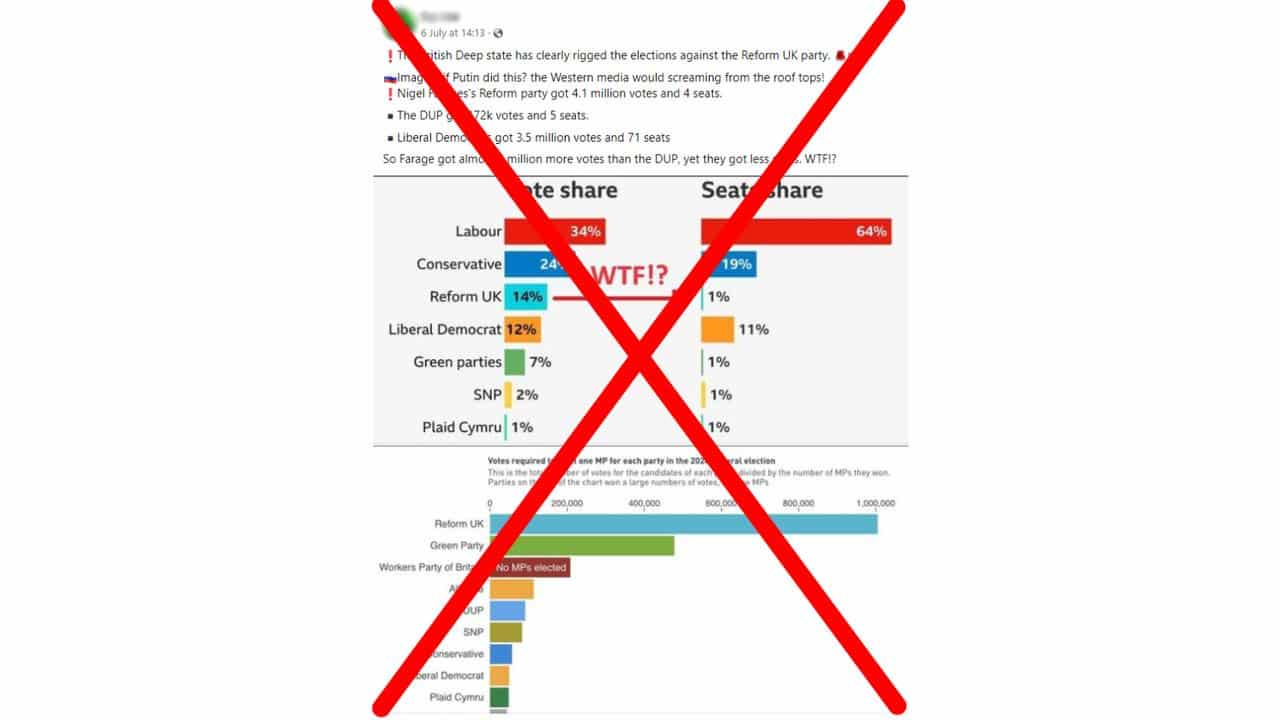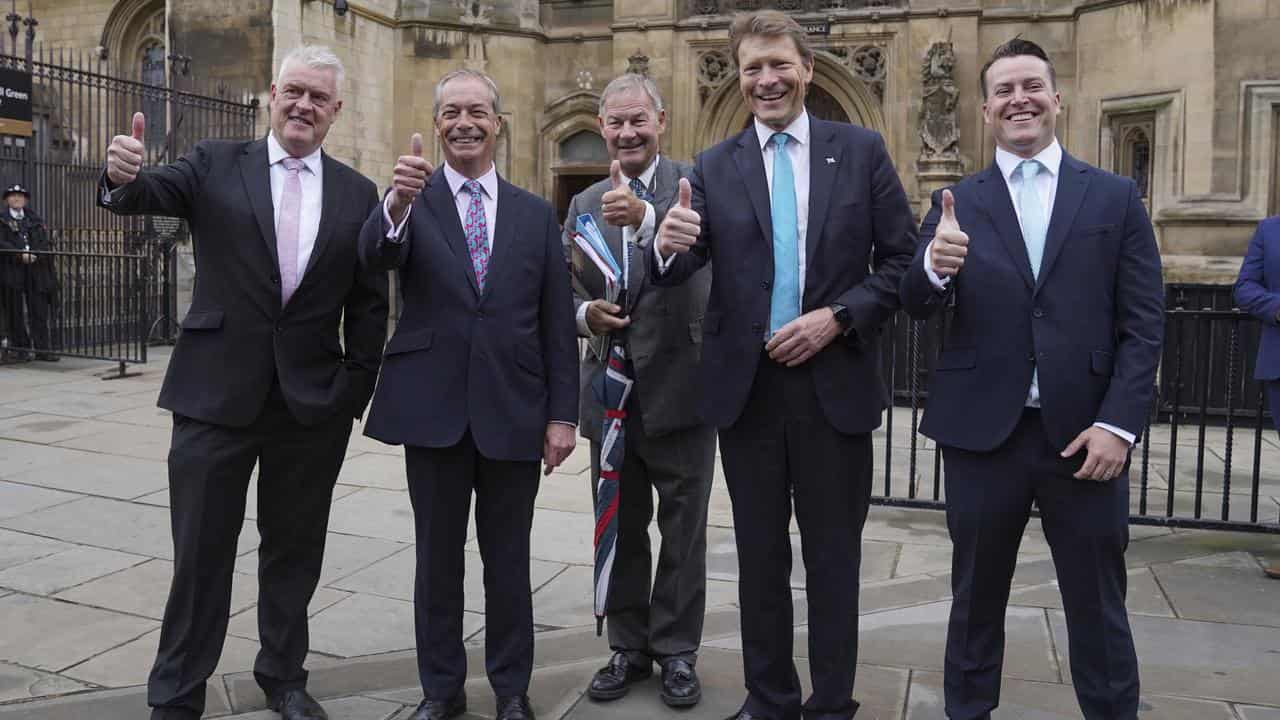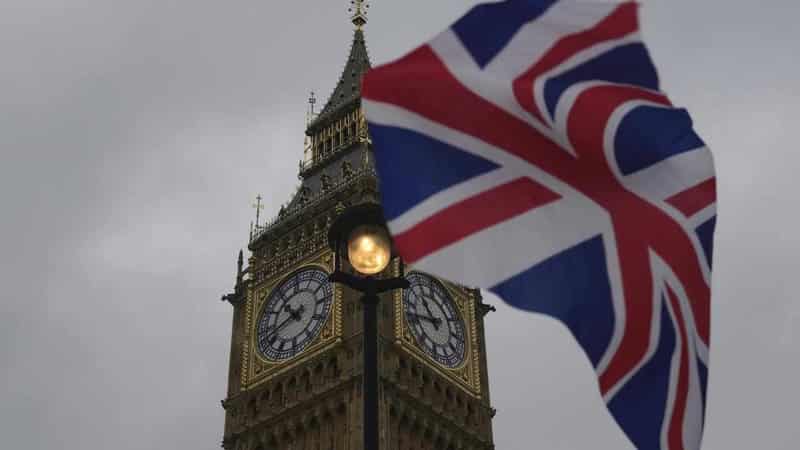
What was claimed
The British “Deep state” rigged the UK election against the Reform UK party.
Our verdict
False. The UK's first-past-the-post voting system means party candidates must win their constituencies to gain seats in the House of Commons, regardless of the overall party vote.
AAP FACTCHECK – A serial spreader of misinformation has cast doubt on the legitimacy of the UK election, claiming the result was rigged by the British "Deep State".
Simeon Boikov, who calls himself the Aussie Cossack, claimed the difference between the vote share received by the Reform UK party and the total share of seats its candidates won was evidence of the election having been rigged.
This is false. An expert told AAP FactCheck the election outcome is a result of the UK’s first-past-the-post (FPTP) voting system. There is no suggestion, not least from Reform candidates, that the result was rigged.
Mr Boikov, who has been fact-checked several times by AAP FactCheck, posted on X (formerly Twitter) in the aftermath of the July 4 election.
He included a graphic sourced from a BBC report which displays the Reform vote share (14 per cent share) and the resulting share of seats in parliament (one per cent).
“The British Deep state has clearly rigged the elections against the Reform UK party," he posted. "Imagine if Putin did this? the Western media would screaming from the roof tops!”
Users on other social media platforms have been sharing similar (sometimes identical) claims.

The figures from the BBC graphic are accurate. However, they are entirely consistent with the UK's FPTP system.
Unlike in Australia, UK citizens vote for just one candidate in their area (constituency). Whoever gets the most votes in the constituency, is elected as the Member of Parliament for that constituency.
There are no preferences. Simply, whoever has the most votes, wins.
As explained by the BBC, in most constituencies more people (in total) vote against the winning candidate than vote for them.
Martin Smith, a University of York political science professor who has written on the FPTP system, said Reform UK's result was a consequence of the party finishing a strong second in dozens of constituencies.
“The post is just by someone who does not understand the electoral system,” Prof Smith told AAP FactCheck.
"If they come second in a lot of seats they may gain a large number of votes and not win any seats.
"It is obvious that the election was not rigged as the number of votes Reform won is obvious, it is just the electoral system means they are not translated into seats."
Prof Smith drew a comparison with the UK's Liberal Democrat party. It secured 11 per cent of seats with just 12 per cent of the vote share.

"They (Liberal Democrats) won more seats than Reform because their vote was concentrated in a limited number of constituencies but Reform's vote was spread across the country," Prof Smith said.
The Green Party also returned a significantly lower seat share (one per cent) as compared to vote share (seven per cent) while Labour won 34 per cent of the vote but ended up with 63 per cent of seats.
The BBC reported that the gap between the share of total votes won by the winning party and the share of parliamentary seats won is the largest on record.
Reform UK won more than four million votes –14.3 per cent – but it only won five seats (around one per cent).
Although there is no suggestion from Reform UK's leadership of anything being rigged, the party's leader Nigel Farage called the FPTP system “very unfair” and called for it to be changed.
There are frequent calls by many in the UK press and national political circles for FPTP to be reformed.
“You could argue that the system is not legitimate because it means certain voters are underrepresented and others overrepresented, but that again is an outcome of the system, not any rigging," Prof Smith says.
The Verdict
False – The claim is inaccurate.
AAP FactCheck is an accredited member of the International Fact-Checking Network. To keep up with our latest fact checks, follow us on Facebook, Twitter and Instagram.









